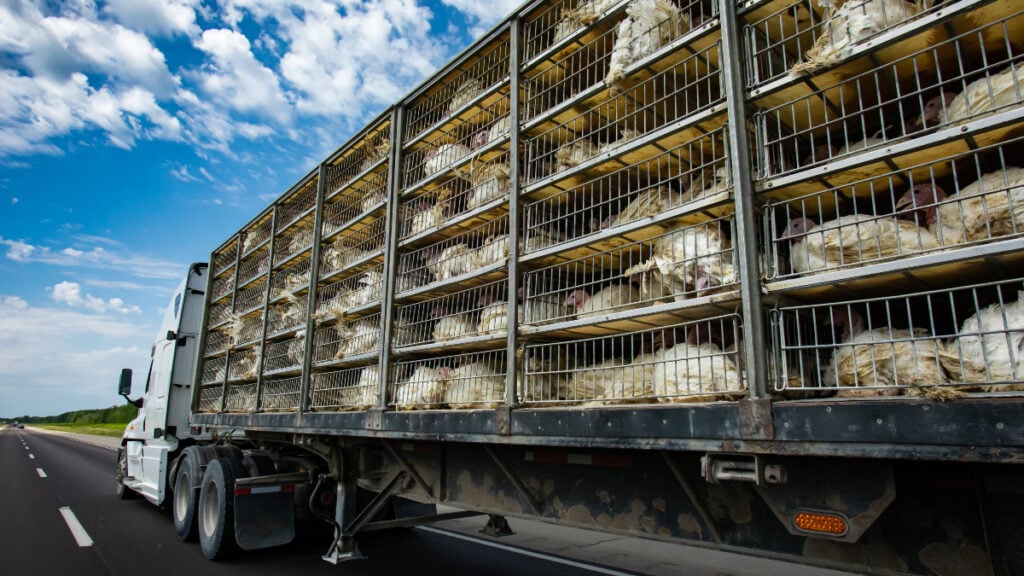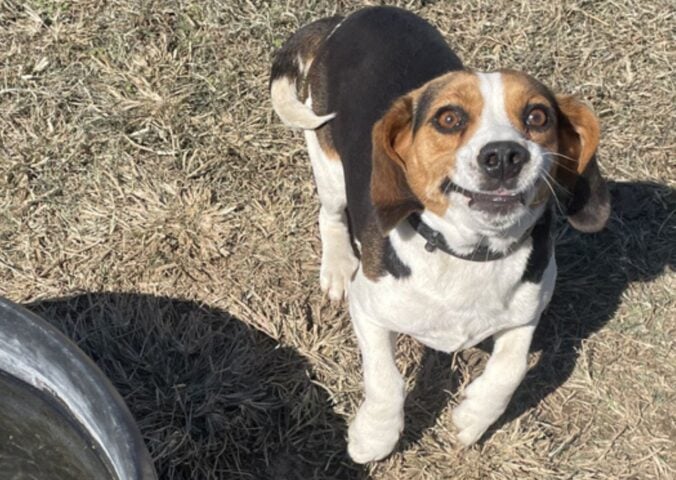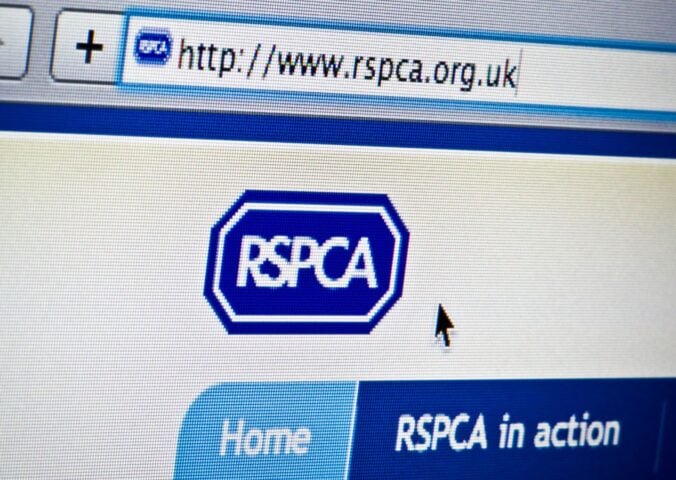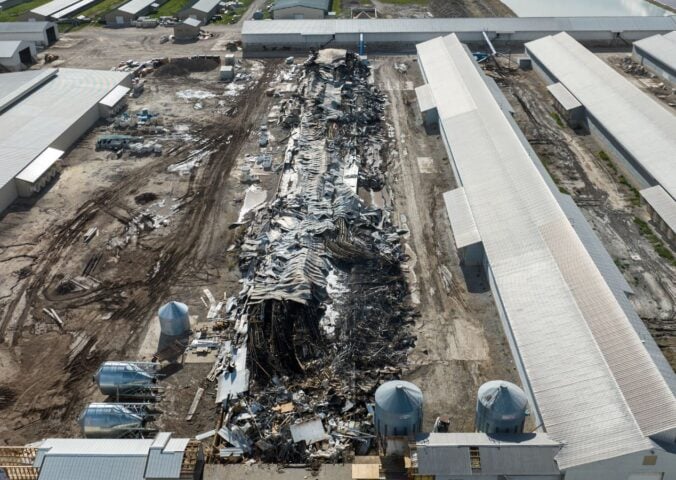This week’s headlines are overrun with the issues surrounding the current surge in gas prices. And, the knock-on effect they are expected to have on the UK’s food security. Damning reports from both farmers and meat processors warn that the CO2 shortages could cancel Christmas, and that the meat industry is reaching breaking point. This is affecting the slaughter process of pigs, poultry, and beef, as well as packaging.
Siobhan Dolan from vegan charity Viva! explains the connection between CO2 and the meat industry.
CO2 shortages and the meat industry
For billions of animals slaughtered each year in the UK, CO2 is the last thing they will breathe before dying.
In fact, this technique of slaughter, known as gassing, is the most common slaughter technique for many intensively farmed animals.
This is usually because it is the cheapest and quickest way to kill many animals at once. While it has often been thought to cause less suffering than other visibly more brutal methods, this is not true. And, gassing methods can cause horrendous suffering to animals in their last moments.
Pigs are lowered into a chamber containing at least 70 percent CO2 in air.
During this time they will struggle, gasp for breath, squeal, and climb over each other until they finally lose consciousness.
The pigs must remain in the gas mixture until they are completely unconscious which can take up to 30 seconds. After this, the animals are then shackled by one hind leg, hoisted and their throats cut to drain their blood.
CO2 is used to slaughter millions of animals each year in the UK.
Siobhan Diolan, Viva!
The length of time it takes to kill pigs and the acute distress it causes have led to calls to ban the CO2 stunning method.
How birds are slaughtered with CO2
Most poultry birds killed in the UK face a similar fate. Birds are transported to slaughterhouses in crates.
Then, while still in the crates, they are placed into a chamber. Here, they are exposed to either concentrations of CO2 or a mixture of inert gases (nitrogen and argon). The gas mixture deprives birds of oxygen, causing them to lose consciousness and die.
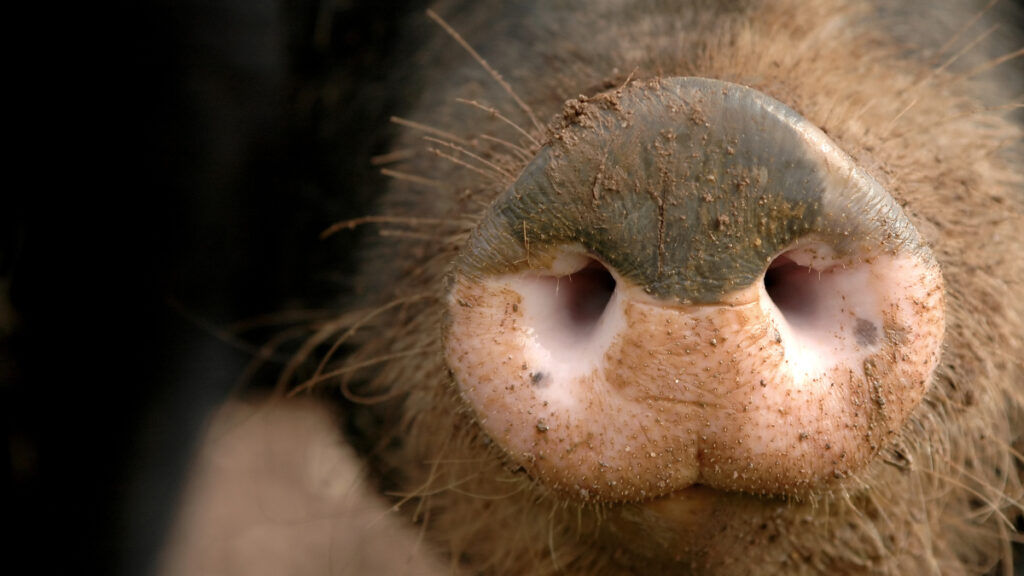
In a nutshell, CO2 is used to slaughter millions of animals each year in the UK. And, the current shortage could pose significant delays to the number of animals processed for slaughter.
Factory farmed animals are bred and reared in filthy, overcrowded sheds. As a result, they often suffer from disease, injury, and psychological problems.
In these environments, profits take priority over animal welfare and Viva!’s countless investigations prove that animals suffer for food production.
Why are animals allowed to be killed like this?
Conditions on factory farms are likely to deteriorate even further. And, animals will experience prolonged suffering on factory farms if delays occur at slaughterhouses as the industry is predicting.
There are also reports from the industry regarding the possibility of animals being destroyed (killed) on farms, should the issue continue.
However, shouldn’t the bigger question be; why are we allowing animals to be kept in these conditions, killed in this way, and continuing to eat them?
Especially, considering how much we understand about animal sentience and the impact animal agriculture is having on the climate crisis?
CO2 shortages might mean you can’t eat turkey this Christmas, but there are plenty of incredible meat alternatives on the market that can win over even the most dedicated carnivores.
Now might be a good time to give it a go…
